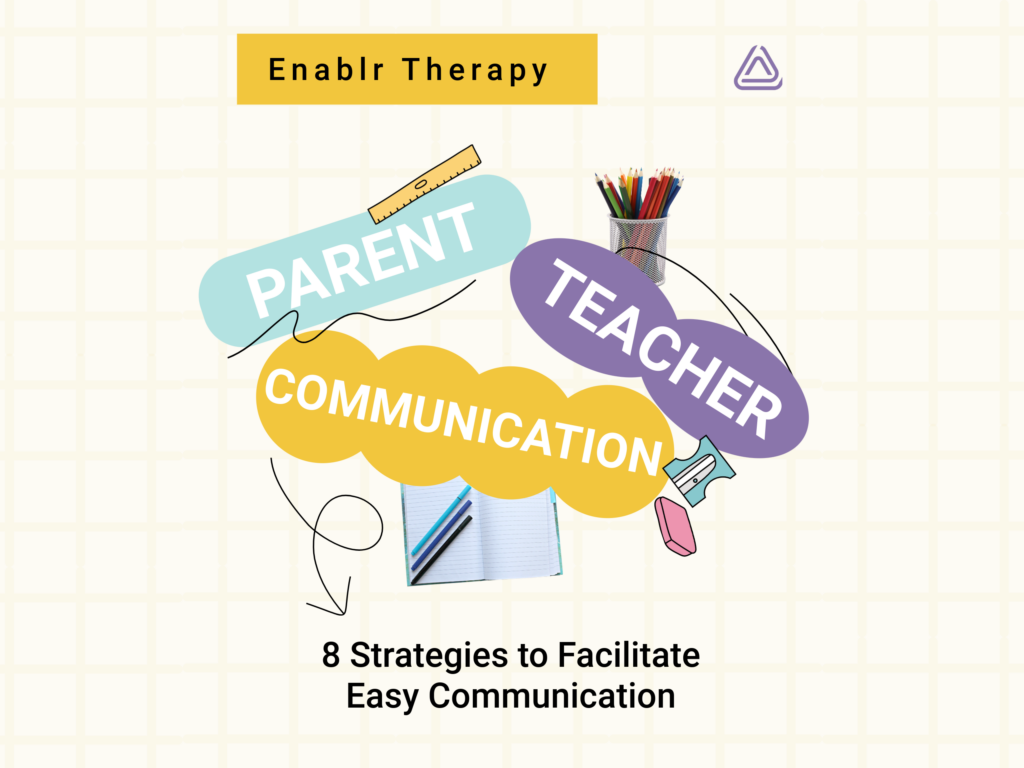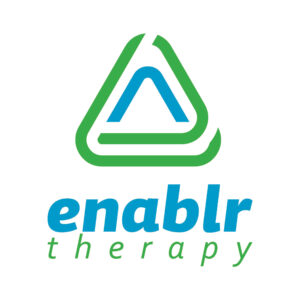
Increased parent communication and involvement can have a significant impact on student school performance. Numerous studies have shown that positive parent-teacher communication is associated with higher academic achievement, better attendance, higher graduation rates, and enhanced social and emotional development just to name a few. As an educational professional, it is important to make communication easy for parents.
Here are some strategies to facilitate parent communication:
- Introduce Yourself: Write a letter at the start of the year that tells a little about yourself and provides your contact information. You might want to include a little about your background in education, what your special interests and hobbies are, perhaps something about your family if you want to share that or what you did over the summer. By giving a little bit of personal information, you are more relatable for families to connect with. Here is a template that you can adapt for your needs. Be sure to send the letter to families of new students that are added to your caseload throughout the school year.
- Establish Clear Channels of Communication: Set up multiple communication channels such as emails, phone calls, messaging apps, and dedicated communication portals or apps. Some parents will be more comfortable using technology like messaging apps where others may only want to talk on the phone or meet in-person. Be sure to give at least two different modes of communication. Include this information in your introduction letter and update your email signature with it as well.
- Consider Offering an Open House or Office Hours: Host a start of the year open house to welcome your families into your educational space. This is a great way for them to learn about what to expect throughout the year. Or you can offer an online start of the year office hour where parents can log in and learn about what is being offered and ask questions. Office hours offered throughout the school year can be helpful as well.
- Practice Active Listening: When a parent is concerned or upset, keep an open mind and try to understand their perspective. Remember, that you both ultimately have the same goal of wanting their child to be successful. Using active listening techniques can foster understanding and rapport with the parents. When they are speaking with you, give them your full attention, reflect back and summarize what you heard them say, ask questions to encourage dialogue and problem solving and show empathy. Be sure to follow up on anything that you said you would do.
- Communicate the Good: Sometimes parents are only called when there is a concern. However, it is important to recognize and celebrate student achievement throughout the year. Parents love to hear when their child is doing well. In addition, positive praise from a teacher can help to motivate the student.
- Collaborate on Solutions: When challenges or issues do arise (and they will from time to time), work together with the parents to find a solution. Two heads are better than one. Inviting ideas instead of asserting blame goes a long way.
- Be Language and Culturally Sensitive: Be mindful of language and cultural differences when communicating with parents. Offer translation services if needed and ensure that communication is inclusive and respectful of diverse backgrounds.
- Ask for Parent Input: Ask parents for their feedback through surveys. Google Forms or Survey Monkey can be used so that parents can access it from anywhere. Be sure to incorporate their feedback into your plans for the remainder of the year.
When you understand what is impacting your students outside of the classroom and you support families in carrying over strategies used in the classroom to home, you, as an educator, will be the most effective. And effective teaching leads to lifelong learning and growth, making a huge impact for the future. Fostering parent communication is key to this success.



